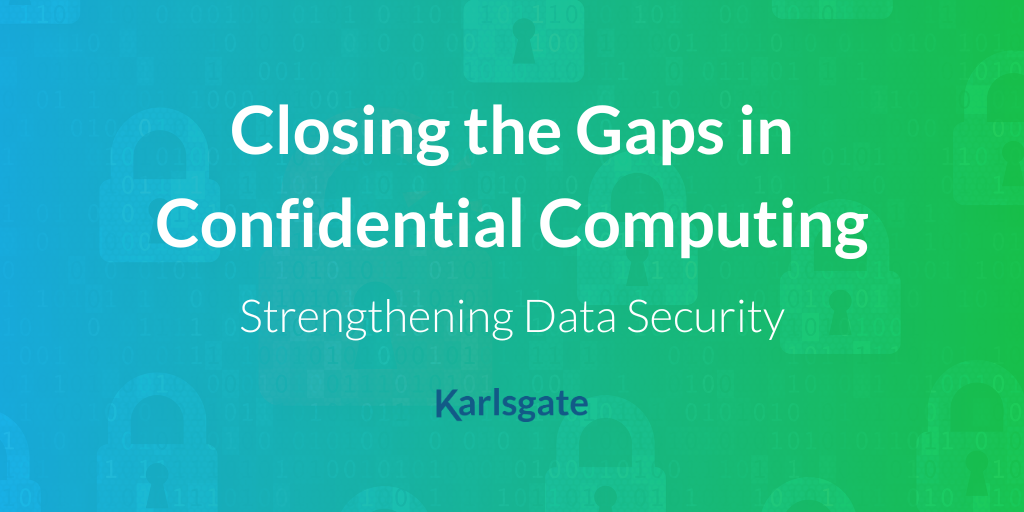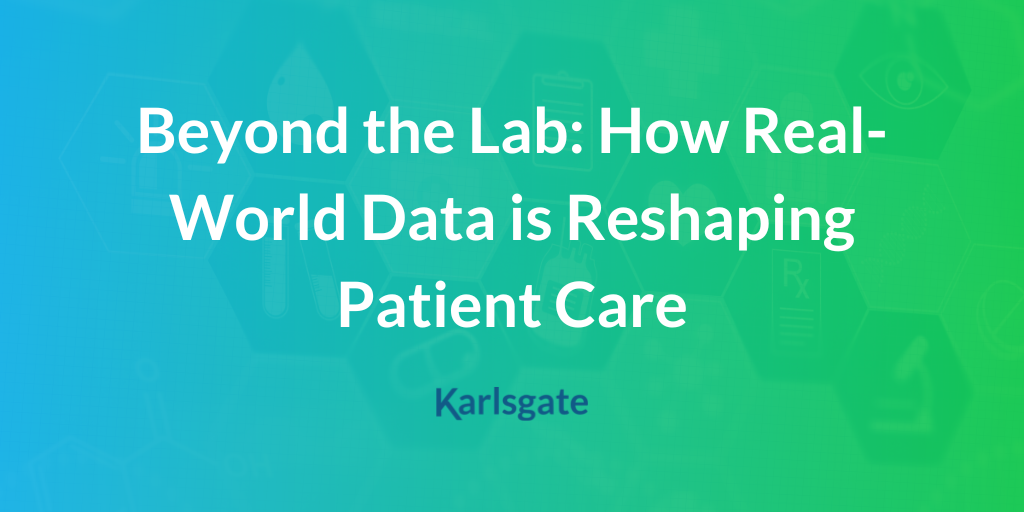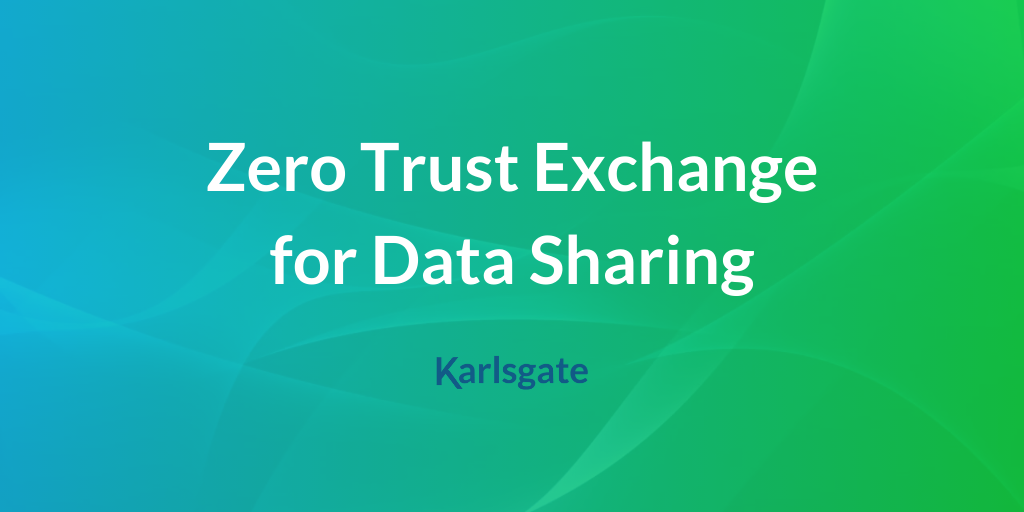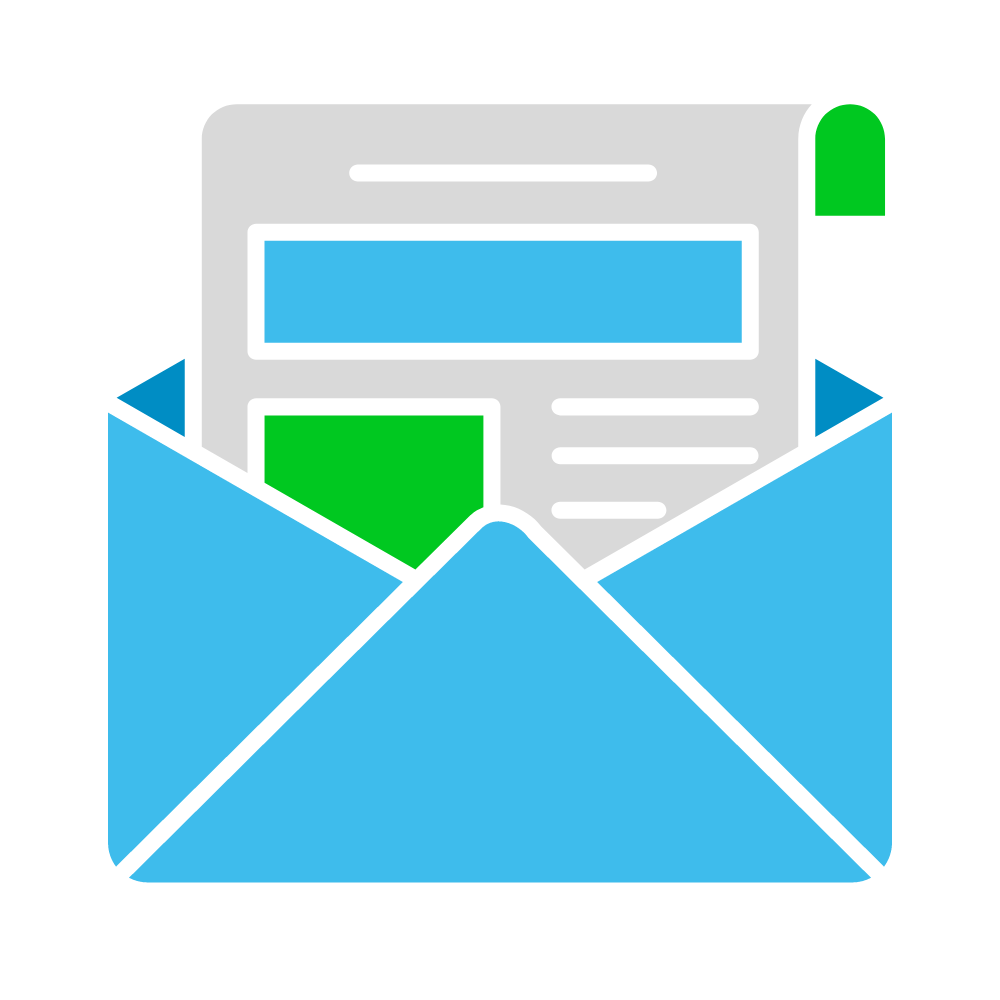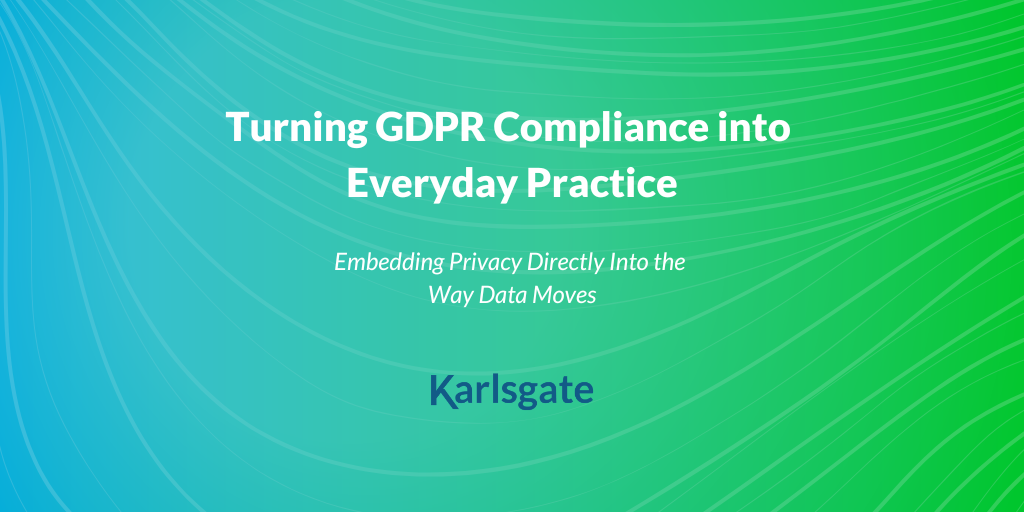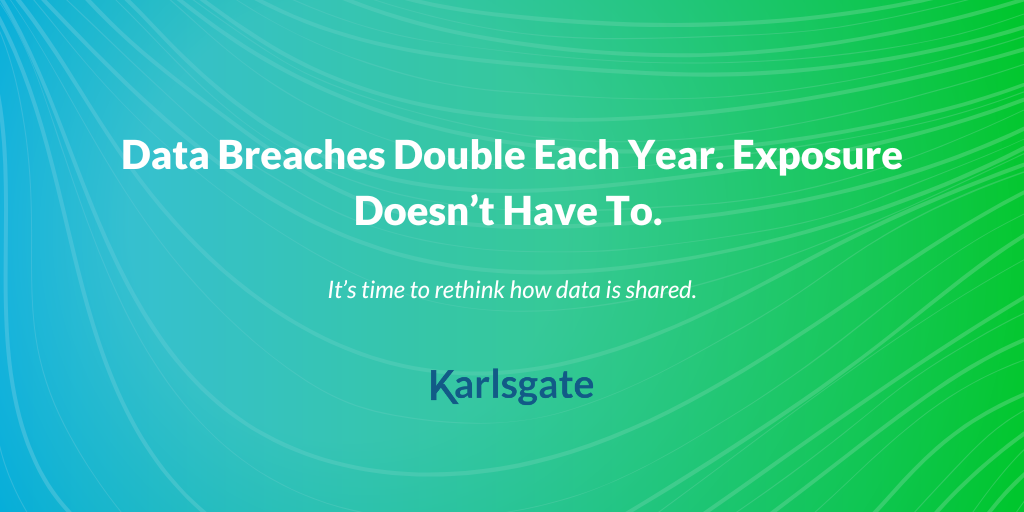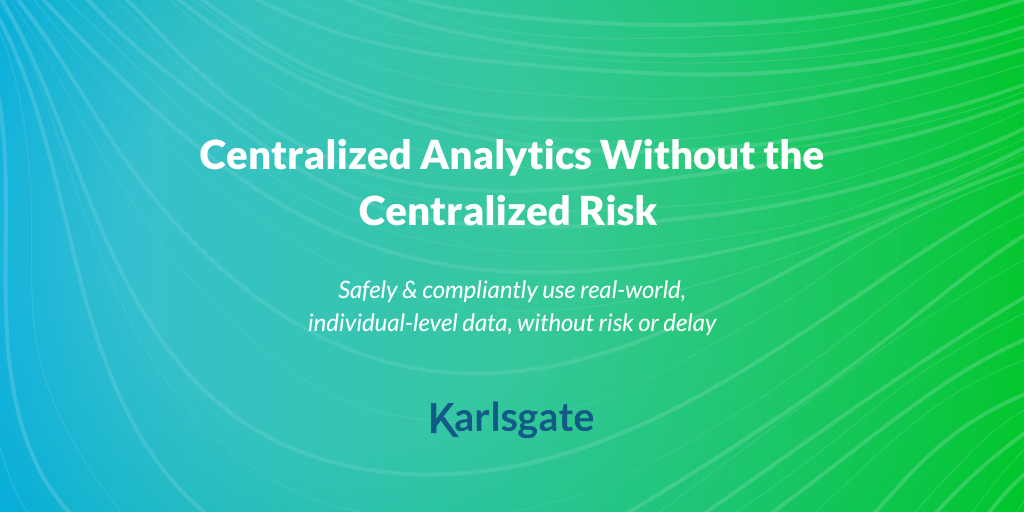In an era where data breaches are not just possible, but expected, businesses face an escalating challenge—how to protect their most sensitive information while still extracting its full value. With...
Data is at the heart of why and how many businesses and organizations make decisions. But what if this decision could impact the outcome of your care during a future health emergency? Healthcare data is incredibly important to providers, their patients, and researchers alike, which is why there are so many regulations surrounding the protection of that data.
You’ve probably heard of HIPAA – or the Health Insurance Portability and Accountability Act – but what exactly does this mean in terms of data sharing? The following questions might come to mind: What kind of data can we get, how much data can we get, how can we use it safely, and often, how can we sell it?
While compliant data sharing methods are being used to enable the transaction of healthcare data, improvements can be made to increase the efficiency and security of data transfers, the accuracy of patient data matching, and result in better research and health outcomes overall.
What Is Healthcare Data Sharing?
Much like in every other industry, big data is a big topic in healthcare. From wearable devices to medical records, insurance claims and other sources, healthcare data is collected in varying degrees by every healthcare practitioner, organization, and agency.
While most commonly thought of as the sharing of patient data between primary care providers and specialists or labs, data sharing across the healthcare space takes on many forms. Insurance companies, diagnostic labs, providers, and hospitals are exchanging information related to conditions, treatments, hospital admissions and discharges, social determinants of health and more, all with the goal of streamlining care and improving population health.
Beyond its impact on care delivery, healthcare data sharing can have an incredible impact on research, too. One of the biggest obstacles currently faced when it comes to healthcare data sharing is the ability to enhance trial data while keeping medical study participants anonymous and their data secure.
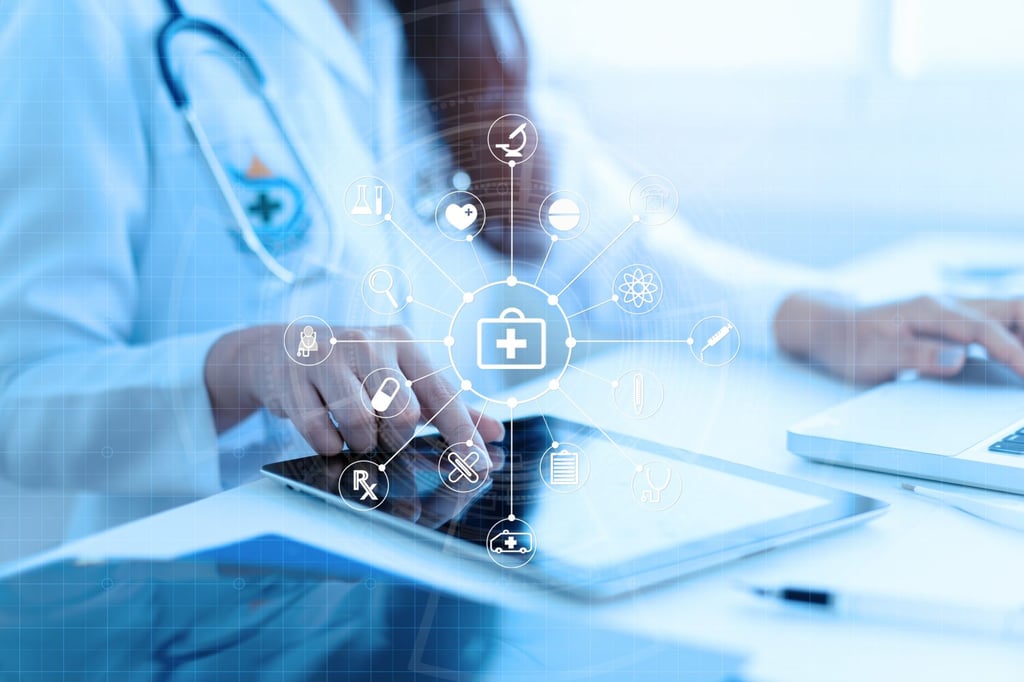 Benefits of Data Sharing in Healthcare
Benefits of Data Sharing in Healthcare
Why is sharing data in the healthcare space so crucial? In short, the more data that physicians, surgeons, or researchers have, the better decisions they can make, the more informed treatment plans they can create, and the better solutions they can develop. The push for greater interoperability is paramount to continue increasing good patient outcomes, reducing hospital readmissions, making new strides in research and development, and even reducing the overall cost of healthcare.
For healthcare research especially, improved data sharing can have an incredible benefit on the ability to predict health outcomes. Being able to look at healthcare data in terms of individual patients instead of the anonymized data sets that are common today (like data sets being grouped and shared by zip code, for example), means that more effective discoveries can be made thanks to the more accurate data being studied.
While healthcare data sharing has often been held back by privacy regulations and the fear of exposing PII, it truly has the potential to revolutionize the healthcare industry. Other benefits for healthcare organizations to consider include:
- Informing AI in healthcare applications
- Assisting data and AI in identifying cost savings
- Predicting and fighting major health incidents and outbreaks like COVID-19
- Improving and providing more precise medical research
- Increasing market competitiveness through data driven growth
Risks of Data Sharing in Healthcare
The predominant risks of data sharing in healthcare are more about the methods used to share data than the sharing itself. Some methods, like clean rooms, require organizations to relinquish control of their data. Other methods, like tokenization, when used without added security, can expose PII to reidentification, either by the parties with whom they share data or malicious actors who intercept the data.
As hackers get more sophisticated and data becomes more valuable the risks become greater. Every point of contact and every connection elevates exposure. In short, popular methods of sharing data in the healthcare space (and beyond) risk data leakage and exposure.
These risks have limited both the quality and quantity of data shared among organizations.
4 Ways to Improve Data Sharing in Healthcare
Some of the biggest improvements will have to come from enhanced security measures (more on that below!), but there are other principles that can help improve data sharing among healthcare organizations.
1. Only share necessary data
The temptation, in the name of medical science, is to share as much data as possible. However, a key principle to keep in mind is to only share what’s necessary. One way to ensure you’re limiting the data you share is to identify your mission and only share data that moves that mission forward. For example, if your primary mission is to deliver exceptional care, then only data that will help you provide that care should be shared.
Similarly, the data points you share should be limited to essential information only.
2. Limit data access to those who need
In addition to hardware and software security measures, maintaining a data governance policy and adhering to it is vital. Part of that policy and practice is ensuring data access is limited only to the individuals or departments that need access to that data. Not only does this reduce the likelihood of data leakage but it ensures you can track and monitor that access should something happen. Reviewing and updating data access should be part of your data governance review plan.
3. Invest in IT
One of the biggest risks to data sharing in any space, especially healthcare, is a failure to invest in the hardware and software that maintains not only the integrity of your data but also the security. Outdated software, usually connected to outdated hardware, presents a significant risk to your network and your data. Whether it’s investing in new hardware, IT specialists, or managed IT services in the healthcare space, ensuring that you have a team updating and maintaining your IT is essential.
4. Research and adopt strong data sharing security measures
Methods commonly used to secure data in transit come with limitations that create risks when sharing data. Standard data sharing security in healthcare includes tokenization and encryption, but these methods are still risky. Not only can data be reidentified by the organizations you share with, but once shared, you lose control of your data. In other words, the organizations they share with can also reidentify data. If you’re controlling access within your organization, shouldn’t you expect the same externally?
Thus far, given the need for HIPAA compliance and privacy, we’ve done the best we can. We have de-identified, we’ve anonymized, and from that data, we’ve gleaned generalized insights. However, a good part of healthcare data is still diluted, limiting how we can use it. Health data is often aggregated – by zip code, for example – to keep the identities of individual patients anonymous. While this grouping this data together may seem preferable from a privacy perspective, what it also does, however, is makes it far less precise – meaning it’s less valuable from a research perspective than looking at each patient’s data individually.
Thankfully, we exist at a time when data security methods are advancing rapidly. Both new technologies and the ability to enhance existing tech mean the future of data sharing for healthcare is bright. We can be more precise and more accurate.
In fact, Karlsgate’s cryptoidentity technology and triple blind facilitation, means we’re at the cutting edge of data sharing by connecting data in a privacy compliant way. While healthcare has long been behind in digital transformation because there wasn’t a safe way to connect data to individuals, cryptoidentity and its facilitation enable healthcare to be ahead of the curve– accelerating healthcare’s digital transformation in a safe and compliant way.
If you’re ready to talk about the future of data sharing in healthcare, then book a demo with the Karlsgate team and start exchanging data with more precision and accuracy than ever before to drive research and improve patient outcomes.

